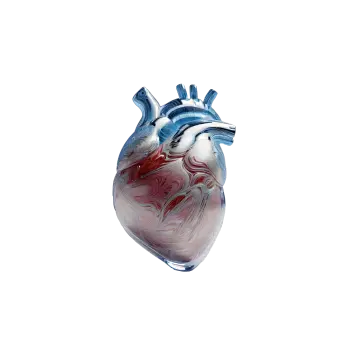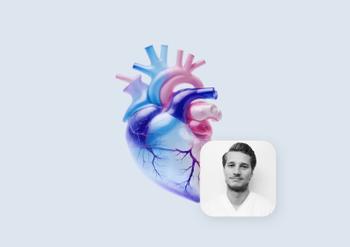Common symptoms of bradycardia
Not everyone with a slow pulse experiences problems. However, if the heart is not pumping enough blood to the body, you may experience:
- Fatigue or lack of energy
- Dizziness or a feeling of fainting
- Fainting
- Shortness of breath
- Chest pain or pressure
- Difficulty concentrating
- Cold skin or cyanosis, which means that your lips or fingers turn bluish
If you have symptoms such as fainting or sudden fatigue during physical exertion, you should always take this seriously and have it investigated by a doctor.
Common causes of bradycardia
There are several common causes of bradycardia. This may be due to factors such as:
- Being an athlete: then a natural adaptation can occur
- Age: changes in the heart's conduction system occur with increasing age
- Disease: which occurs in the sinus node or AV node
- Heart attack or inflammation of the heart
- Hypothyroidism: you have problems with hypofunction of the thyroid gland
- Electrolyte imbalance: untreated electrolyte disorders such as potassium deficiency
- Drug side effects: especially beta-blockers, digoxin, certain antiarrhythmics
How is bradycardia treated?
How the condition is treated depends on both the cause and symptoms. In many cases, no treatment is needed at all, especially if there are no problems. In symptomatic bradycardia, the following may be relevant:
- Adjustment of medication – reduce dose or discontinue medication that slows the heart
- Treatment of underlying disease – e.g. hypothyroidism or infection
- Pacemaker – a small electronic device that is surgically implanted under the skin to keep the heart rate stable
In the case of chronic or severe bradycardia, a pacemaker is often the long-term solution – especially in the elderly and people with conduction disorders.
When should you seek medical attention?
If you experience any of the following symptoms, you should contact healthcare:
- You experience repeated fainting or dizziness
- You feel constantly tired or lack energy
- You have a low resting heart rate and are experiencing symptoms
- You suspect that a medication is causing a slow heart rate
If you experience sudden fainting or chest pain – seek emergency care immediately.
























